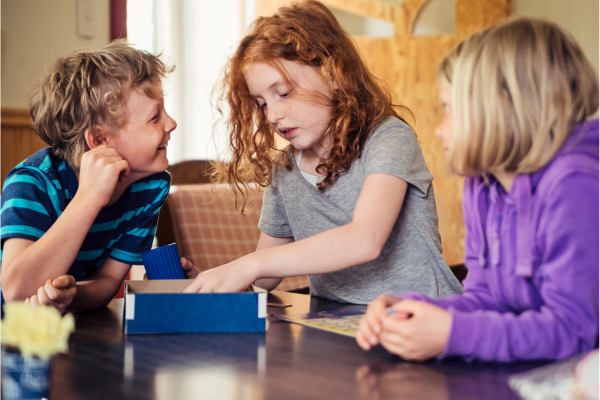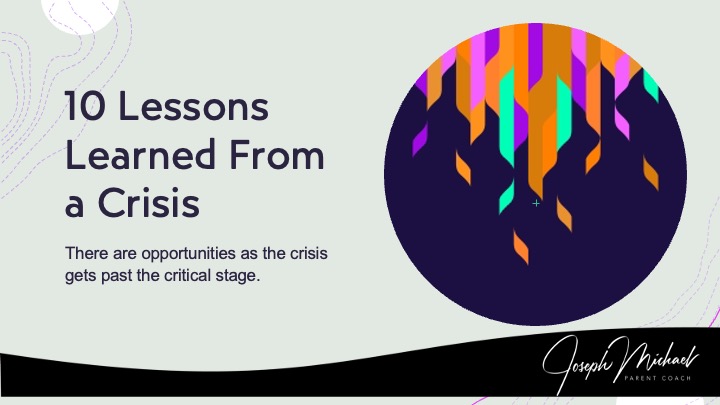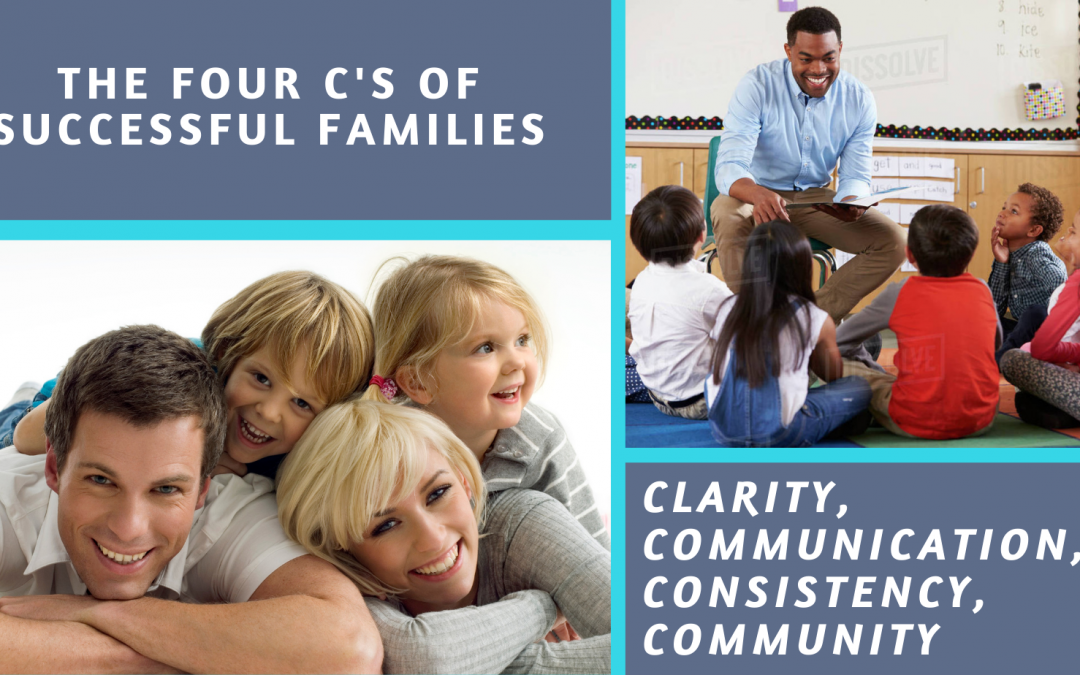
Guiding Tweens Towards Making Smart Choices in Relationship

Parenting Tweens Is a Whole New Ballgame
Being a guide for our children is one of the most important roles we have as parents, along with the roles of educator, counselor, and authority figure. However, guiding our kids when they reach the tween years is a whole new segment or season of parenting.
The tween years, often defined as between 9 and 12 years old, can be an exciting, confusing, and sometimes challenging time for kids.
As they transition from childhood to adolescence, they begin to experience a wave of new emotions and social situations. One of these is the beginning of their first friendships, and sometimes even romances, that hold greater emotional significance. As parents, we must guide them through this significant stage, helping them make smart relationship choices.
Every suggestion made here begins with personal Clarity about family values and living them in everyday life, with the choices you make daily with your family. The example set by you, as the leaders in the family, will demonstrate what our children will follow or be determined not to follow. So as you look at these suggestions, ask yourself, how am I communicating these principles, values, and ways of being in the family?
Here are some thoughts about guiding our tweens toward making intelligent relationship choices.
The Importance of Open Communication
Creating an open line of communication with your tween is the first step. Encourage your children to share their feelings and experiences. Be attentive, non-judgmental, and show genuine interest in what they say. Provide reassurance that it’s normal to have questions and uncertainties about friendships and relationships. Your comfort will foster trust and make it more likely that they will come to you for advice when facing difficult decisions.
Teach Them about Healthy Relationships
The tween years are a prime time for teaching about healthy relationships. Explain that mutual respect, kindness, honesty, and good communication are pillars of any successful relationship, whether a friendship or a romantic one. They should feel safe, valued, and comfortable expressing themselves without fear of ridicule or dismissal.
Empower Their Decision-Making Skills
Using your companioning skills, a significant part of communication, Encourage your tweens to think critically about their relationships. Ask questions like, “How does this friendship make you feel?” or “What do you like about this person?” Then listen and be patient with any further talking as your child tests what they can say and if it is safe. Our asking questions can guide them towards self-reflection, and the virtues needed to meet challenges will help them to understand their feelings better and help them make the best moral choices for themselves. It will also help you, the parent, to understand your child better.
Teach them that it’s okay to set boundaries and say no to things that make them uncomfortable. And equally important, they need to respect others’ boundaries as well. These lessons can be pivotal in ensuring they do not end up in manipulative or abusive relationships.
Handling Peer Pressure
As they navigate the world of friendships and relationships, tweens will inevitably face peer pressure. It’s crucial to prepare them for these moments. Teach them the value of standing up for their beliefs, even if it means going against the crowd—Role-play different scenarios to help them gain confidence in dealing with such situations.
Addressing Digital Relationships
In today’s digital age, many tween relationships occur online, which brings unique challenges and risks. Discuss the importance of online safety, including protecting personal information, being wary of strangers, and the consequences of cyberbullying. Also, stress the need for digital etiquette and the understanding that things posted online are often permanent.
Developing Emotional Intelligence
Emotional intelligence is critical to managing relationships effectively. Encourage your tween to identify and express their emotions accurately, empathize with others, and manage their feelings healthily. Doing so, they will handle conflicts and maintain stronger, more fulfilling relationships.
Conclusion
You want to keep them safe, but you don’t want to keep them from enjoying all life offers. At their age, they need both guidance and freedom. Challenging but possible.

That brings up another thought regarding our kids growing up, which you have probably noticed. Kids are growing up faster than you did or in past generations. They are pressured in many ways so that they don’t have time to be kids and use that time to develop their character in a balanced way. There is so much pressure on them to excel academically and focus on the future sooner. There is pressure for them to feel that the current season of their life is not as important as becoming famous like those they see on social media.
Along with the Clarity of values you provide for them, it also helps to allow them to take their time growing up. Society is pushing them hard. Use the following tips to enable them to enjoy their childhood and keep their emotional, physical, and mental growth balanced.
-
- Get them moving with outdoor playtime and activities, including more unstructured playtime.
- Set limits on technology. Use parental controls, wi-fi access, and time limits, and require outside and social time to take place before devices are allowed.
- Provide age-appropriate clothing.
- Be sure they get quality sleep time.
- Prioritize quality time spent with family and friends.
While it may seem challenging to guide your tweens toward making smart choices in relationships, with The Four C’s – Clarity, Communication, Consistency, and Community, you can significantly ease their transition into this new phase of life. Remember, every tween is unique and will have different relationship experiences. Likewise, every family is different, but many of our parenting values are similar.
Providing a foundation for them with your family values, how virtues are demonstrated and lived by your family, and a mission to live by you will provide wisdom, love, and reassurance for your children along the way. That is our role as parents.
Ultimately, by helping your tweens develop a strong foundation in understanding and managing relationships, you’re setting them up for success in their later teen years and beyond, and these skills will continue to serve them well into adulthood.








